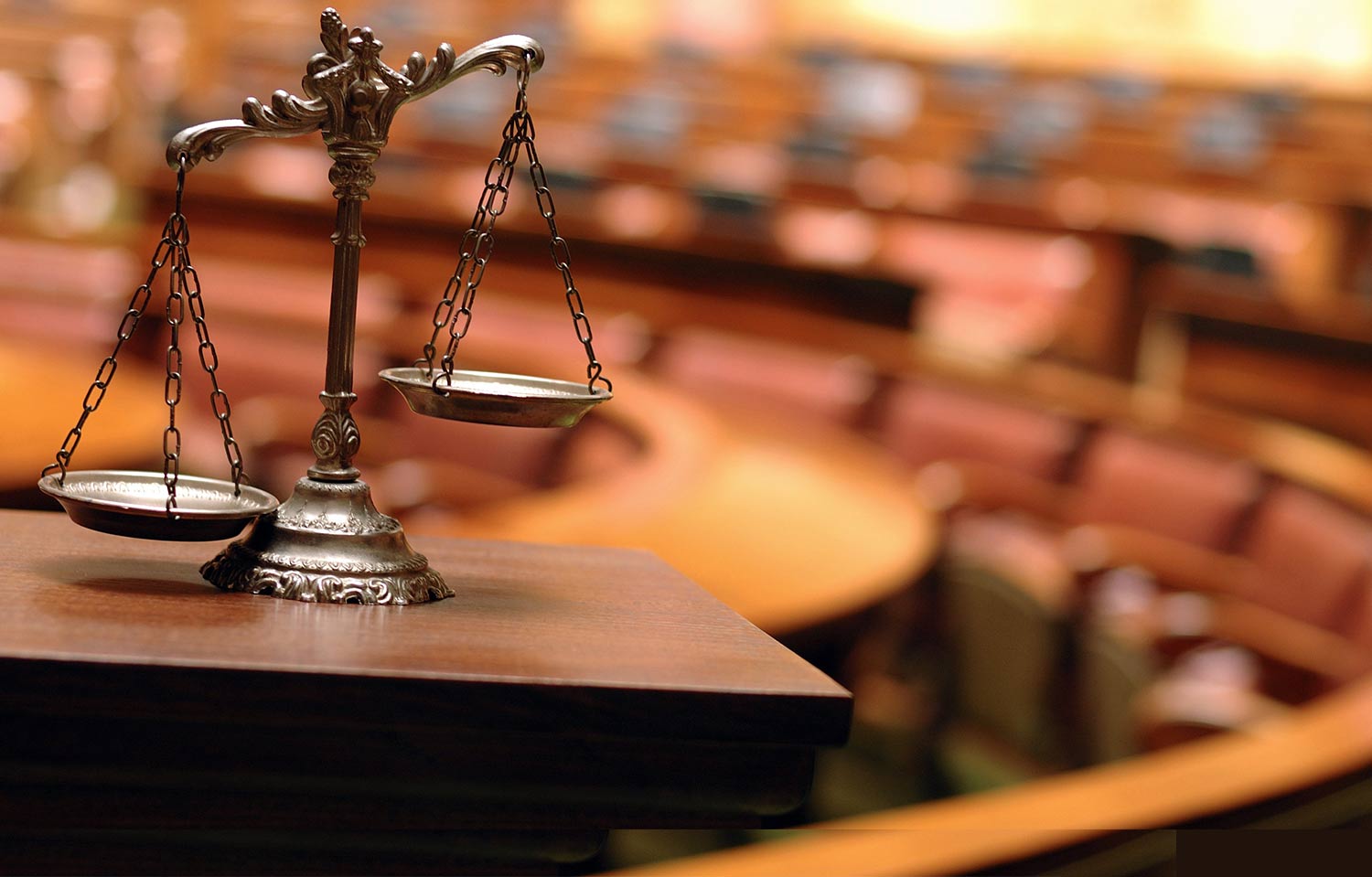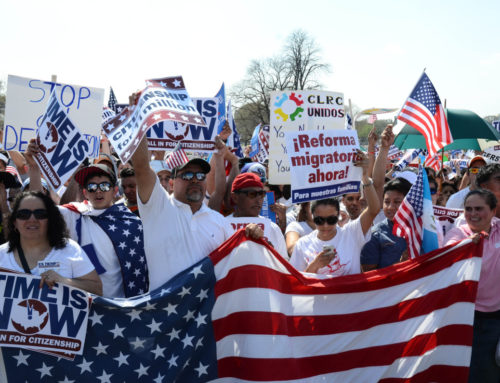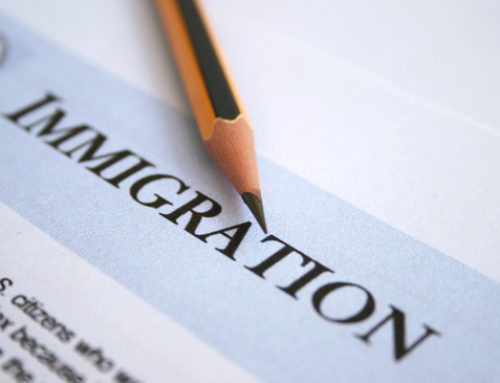Those who find themselves in the U.S. without proper documentation have paths they can take to apply for legalization, but sometimes time is not a luxury. If you are looking to maintain your status in the U.S. but are facing removal, prosecutorial discretion might be the solution, especially if you are established in your community and contributing to the country.

The Basics of Prosecutorial Discretion
Prosecutorial discretion is the power immigration authorities possess to determine how to enforce the law against individuals facing deportation and removal. This principle grants officials the authority to decide whether to proceed with a deportation case, delay it, or dismiss it altogether.
Immigration authorities, such as the U.S. Immigration and Customs Enforcement agency, utilize this discretion to prioritize their resources effectively, focusing on cases that pose a genuine threat to public safety or national security. For someone facing removal, this discretion means that, under certain circumstances, your case might be deemed a low priority, leading to a possible halt in the deportation process.
Prosecutorial Discretion in Removal Proceedings
When authorities review a backlog of cases, they understand that not all cases are equal. Some immigrants contribute positively to their communities, have established deep family roots, or may face significant harm if deported. There is no point in prioritizing the removal of an upstanding member of their community when there are more pressing matters to attend to.
Authorities may choose not to pursue deportation aggressively for individuals who meet certain criteria. Key factors influencing the decision to exercise prosecutorial discretion include:
- A person’s criminal history.
- How long they have already lived within the U.S.
- Their family ties and responsibilities to family, U.S. citizens, or permanent residents.
- Their eligibility for relief under current U.S. immigration laws and agreements.
For instance, individuals who have been in the U.S. for many years, have U.S.-born children and have a clean criminal record are often considered low priority for deportation.
Prosecutorial discretion for eligible individuals may result in the administrative closure of their case or even lead to consideration for other immigration programs if they meet the criteria. However, you should never look at prosecutors shelving your case as the ‘end goal’ of your immigration journey, as there is very little guaranteed safety or security in this status.
The Importance of Legal Representation
Prosecutorial discretion sounds great – you get to show yourself in the best light possible and may, in turn, remain in the United States for a while longer. However, just because this option is better than deportation does not mean it is the best choice for everyone.
Receiving prosecutorial discretion for your removal stays your deportation, but you will not receive any other benefits, like work permits, unless you also qualify for a separate immigration status. In the short term, this can be precisely what you need. Still, it doesn’t always offer long-term protection or stability, especially considering how political decisions can change your status at any time.
An experienced immigration lawyer will help you during negotiations with ICE or immigration court proceedings. Attorneys are skilled in legal advocacy and can argue effectively for the application of prosecutorial discretion, as well as find the right path forward for you. Since your immigration case is often postponed or marked as a lower priority, there is always the risk that it is reopened. Having a lawyer on standby to help keeps you protected at all times.
If you are facing removal from the U.S. and are looking at potential solutions, contact the Probinsky & Cole team today to see if the prosecutorial discretion route is right for you.







